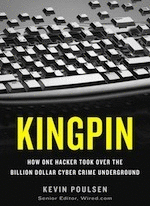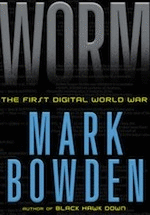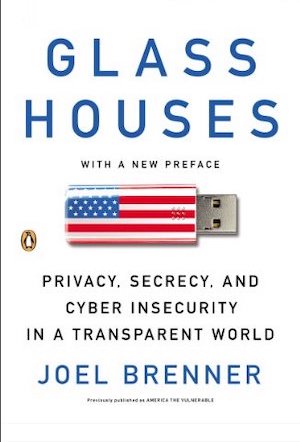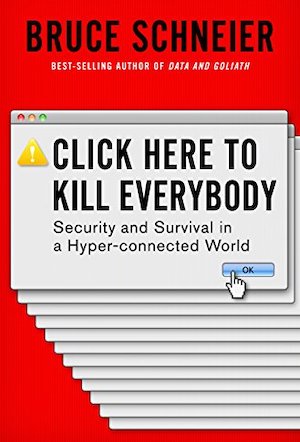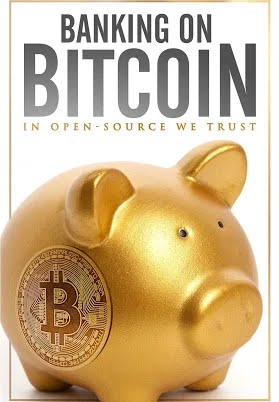
HSEC 690
Cyber Crime & Infrastructure Security
e-Sign Policies Objectives Syllabus

Cyber Crimes, those performed via the Internet, is the fastest growing category and dominates modern headlines: data breach, privacy violations, account hijacking, fraudulent wire transfers, cloned credit cards, phishing, vishing, and more! Often confused or conflated with Cyber Warfare, the study of Cyber Crime is one where the primary objective is financial gain, not political.
Inter-woven with our study of Cyber Crime will be a survey of infrastructure security and the Internet-of-Things (IoT), which govern the mundane operation of your lawn sprinklers or the spinning of centrifuges in a nuclear enrichment facility. We will use the 2010 STUXNET attack as a case study but will also investigate more recent attacks on electrical power grids and other energy pipelines. Particular attention will be paid to separating the hype from the actual threats.
We will also study the Dark Web, TOR, and cryptocurrencies such as Bitcoin. We will also examine the broader topic of Risk Management via an assessment of risks inherent in physical building security. The latter will be a field assignment that asks the student to apply classroom skills to real-world environment, in conjunction and coordination with facility owners.
This Spring semester course should be considered a pre-requisite for the Cyber Warfare course in the Fall Semester.
Required Course Materials
Grading
| 10% | Briefings |
|---|---|
| 25% | Weekly Insights |
| 30% | In-Class Participation |
| 35% | Risk Assessment |
| Late submission after due date | |
| Extra Credit / Make-Up Assignments |
Active Participation
Your active participation is critically important to this course; this cannot be stressed enough. If you fall behind on readings, you will not be equipped to participate in class which will adversely affect your grade. Students with excellent written submissions that hardly speak up in class or online will likely fail this course. While there is no minimum number of weekly interactions required, successful students typically interact a half-dozen times between in-class and online discussions.
I do not "take away" points
From "Dear Student" by Art Carden (Forbes, Jan 2012):One of the popular myths of higher education is that professors are sadists who live to inflict psychological trauma on undergraduates. Perhaps you believe that we pick students at random and then schedule all our assignments in such a way as to make those students' lives as difficult as possible [...] First, I do not "take off" points. You earn them. The difference is not merely rhetorical, nor is it trivial. In other words, you start with zero points and earn your way to a grade [...] Second, this means that the burden of proof is on you to demonstrate that you have mastered the material. It is not on me to demonstrate that you have not.


